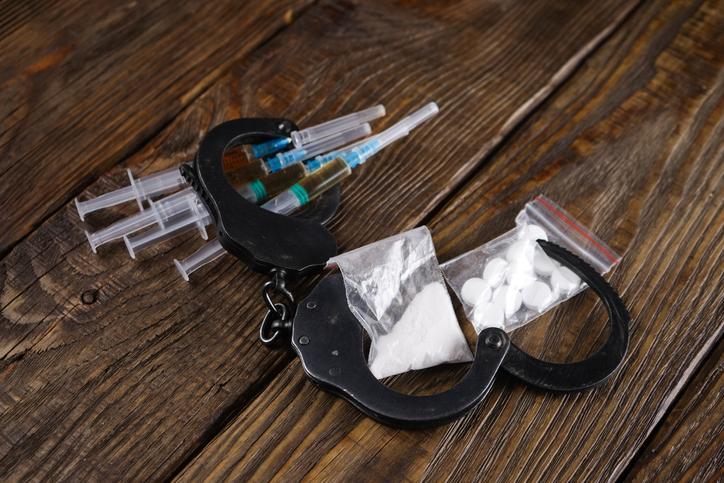In Florida, possession of drug paraphernalia is a misdemeanor punishable by up to 12 months in jail, one year of probation and a $1,000 fine. The law defines paraphernalia as materials that are used, intended to be used or designed to be used to plant, grow, prepare, store, conceal or transport drugs or to introduce drugs into the body.
When determining whether an item counts as drug paraphernalia, courts will consider these factors:
- Whether there was any drug residue on the item
- The item’s proximity to any controlled substances
- Whether the item can be used for any legitimate purpose
- The item’s other possible uses, as established by expert testimony.
Residue is typically the strongest evidence that an item is drug paraphernalia. Even a trace amount of residue is sufficient proof.
Anyone accused of this offense will want to enlist a proven drug crimes lawyer to raise a strong defense. Three of the most common defenses are as follows:
- Illegal search and seizure — The Fourth Amendment protects people against unreasonable searches and seizures by law enforcement. There are limits on how and when police are allowed to search you, your home or car, and even your garbage. A good defense lawyer will closely examine all the facts surrounding the search. If police violated the law, then evidence gathered during the unlawful search can be kept out of court, greatly weakening the prosecution’s case.
- Constructive possession — If the alleged paraphernalia was found in a place where more than one person had access, then the prosecution must prove that you had knowledge that paraphernalia was there and had “dominion and control” over it. For example, if you got pulled over while driving a friend’s car and the police found a syringe in the glove box, you would not be guilty of possessing drug paraphernalia unless it can be proved that you knew or should have known the syringe was there.
- Temporary possession — This defense may exist if you only momentarily took possession of the item from its true owner. For example, the owner gave you the item during a police encounter and asked you to hide it or give it to someone else. In such a case, it can be argued that you never exercised total dominion and control, so you never had legal possession.
These are only a few of the defenses that may be available. Drug cases are highly fact-specific, so you should always talk to an experienced lawyer who can advise you on the best possible defensive strategy.
Largey Law Firm provides powerful drug crime defenses for clients throughout Central Florida. To reach our attorneys, contact us online. We provide free consultations at our offices in Tavares, Inverness and Clermont.


